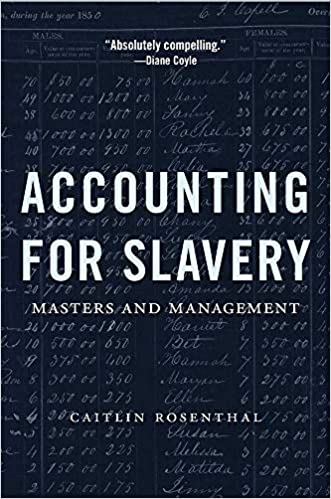If you are running a business, you would want to closely track your assets. How can you improve productivity? How can you increase an asset’s value? At what point does the cost of maintenance exceed the return?
These are all important questions. Now, what if these assets you are tracking are people? Or, more accurately, slaves?
Our third president and founding father Thomas Jefferson was a slaveholder, with as many as 135 in bondage who worked the plantation’s four farms. Visit his Monticello home today, and you will get an idea of the man’s genius. The parlor is octagonal because it’s hard to light corners. A dumbwaiter brought wine from the wine cellar to the dining room. The Great Clock also tracked the days of the week in addition to keeping time.
There was another way Jefferson was farsighted — record-keeping. Jefferson’s library contains many accounting ledgers and farm records that today give a special insight into how the plantation was run business-wise.
This type of record-keeping, down to food rations and productivity measurements, became common on plantations that used slave labor. A slave’s worth was tracked the same as livestock. Children were assigned a value at birth, which increased every year until they became productive. Then the market set the price. If a slave was taught a skill, such as blacksmithing, the value went up. If he/she lived into old age or got injured, the value dropped accordingly. If a slave couldn’t earn his keep and the value went negative…
If this type of management sounds familiar for businesses today, remember the slave owner had complete control over his human property. If a slave fell short of his production quota, what punishment would be most effective? One lash of the whip for every pound of sugarcane that wasn’t harvested that day? Or maybe extra food for exceeding a quota? Some consider this the beginning of scientific management, albeit with chilling implications.

A good information source on how plantations were managed is Accounting For Slavery by Caitlin Rosenthal (https://www.amazon.com/Accounting-Slavery-Management-Caitlin-Rosenthal/dp/0674241657/ref=sr_1_1? ).
